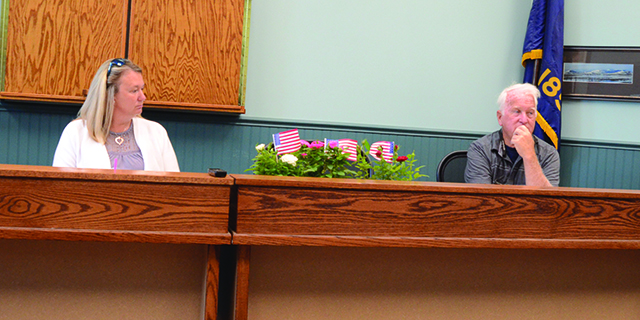Mountain Medicine: That which unites us
Published 10:59 pm Sunday, March 1, 2020

- Wes Baker photo
Eat vegetables, exercise often and sleep well. If our bodies are complex machines, then these goals have served as the foundations of the owner’s manual for decades. Yet, as we continue to learn more about what helps us to be “well,” evidence is mounting to suggest that social and emotional wellbeing are as important to our health as physical maintenance.
Common sense tells us that someone who leads a satisfying life surrounded by deep and loving relationships is more likely to be happy. Perhaps more surprising is that people with healthy social connections also appear to have fewer illnesses and live longer. Sadly, the converse is also proving to be true: Those who suffer emotional trauma or lack supportive relationships are more likely to develop illness and often have shorter lives.
Trending
The “why” of how social connectedness impacts our life is not completely understood but one common theory connects it to stress. Stress is known to cause chemical reactions in our body that promote inflammation. This inflammation in turn can lead to bodily damage, particularly if repeated over and over. The thought is that people with stronger social support have less stress, less inflammation and thus improved overall health.
The impact of social connections on our health begins in childhood as illustrated by research on adverse childhood experiences or ACEs. ACEs comprise of a list of traumatic events and exposures that are linked to poor health outcomes. A child who has more ACEs is more likely to suffer mental illness, engage in risky behaviors, develop heart disease and live a shorter life. This same body of research notes that positive social connections from family, friends and teachers can help to protect a child from these outcomes.
The impact of social wellness continues into adulthood. One study notes that people with happy marriages lead healthier and longer lives while others point towards social isolation as being a common contributor to earlier than expected death. Some research even suggests that social isolation may contribute more to heart disease, diabetes and depression than common risk factors such as smoking and obesity.
The impact of social wellness is also reflected in ways that our communities are structured. Researchers have identified multiple areas around the world where people live longer: the so called “Blue Zones”. The original Blue Zones include areas in Japan, Italy, Costa Rica, California and Greece. What the research team discovered is that these communities share several traits that are likely part of their formula for longevity. One of the common threads was strong social connectivity.
Perhaps the best part of improving health through social connections is that it is free and without side effects. It may be contagious and withdrawal is certainly possible but I hope this article helps to illustrate the importance your social health plays in your overall well being. Consider this your verbal prescription to join a walking group, invite a neighbor over for dinner or get out for a hike with your family. And while you’re at it, eat your vegetables, too.
Mountain Medicine is edited by Ron Polk, with contributions from Wallowa County medical practitioners.








